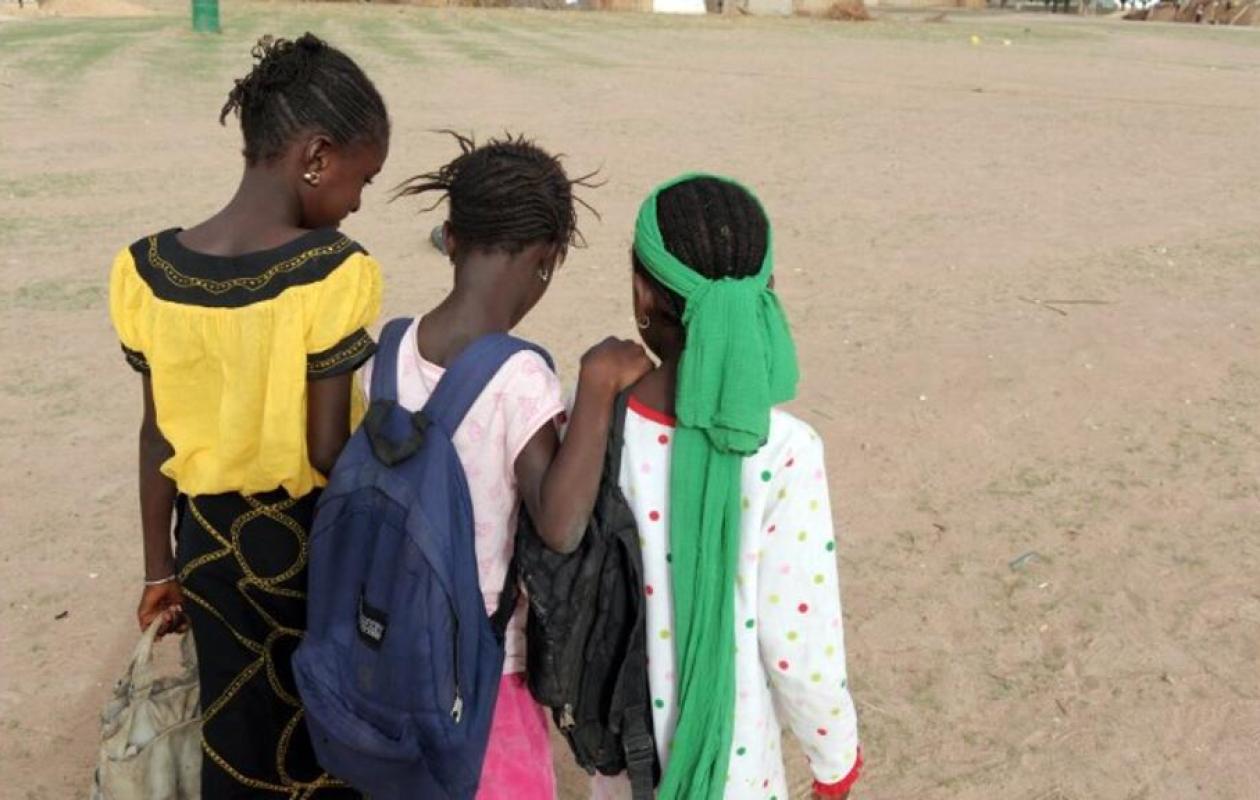
Rentrée scolaire : Saignée des ménages, hémorragie de l’économie (économiste)
Senegal is less than a month away from the start of the school year, but this moment is certainly on the minds of thousands of parents due to the costs involved. Hence the interest and current nature of this topic. In an article, economist Magaye Gaye laments that what should have been a moment of hope is turning into a trial for African families. "In a context of widespread inflation, school has become a machine that drains households and weakens the national economy," he states.
Regarding households, he notes, in addition to the sometimes exorbitant registration fees, there are "endless lists of supplies, some of which will never be used." If the purchase were limited to once a year, it would be more or less bearable, but Magaye Gaye regrets that the poor quality of bags, water bottles, and other supplies means that some items have to be replaced once or several times a year. "Pens that dry out in a week, bags that tear after a quarter, overpriced water bottles that are already unusable after a few days," he lists.
And as if that weren't enough, Gaye denounces that teachers are adding to the burden with evening classes or private lessons for which they pay, not to mention the purchase of booklets imposed on students. "These abuses create an unhealthy climate where education is transformed into a parallel market," he protests.
At the national level, the economy is taking a big hit, according to Gaye. Taking the case of Senegal, the economist points out that there are two million students. With a gourde at 2,000 CFA francs each, we end up with 4 billion CFA francs, not including the replacement costs due to poor quality. Then there are bags and other items. This is enough to explore endogenous solutions. "These billions could be invested locally if the African state seriously supported the national paper and plastics industry," Gaye maintains.
The latter also points to the frequent changes in curricula which, in addition to their questionable effectiveness, force parents to buy new textbooks "without any real added value." "Education, which should be a lever for sovereignty and development, is too often abandoned to mercantile logic and foreign influences. It becomes a space of forced consumption, an economic burden and an organized dependency," he says indignantly.
Despite the alarming situation, Magaye Gaye believes that it is still possible to act to ensure that the start of the school year no longer becomes a drain on households and a haemorrhage for the economy. He is considering simple measures such as regulating the supply market, supporting local industry, monitoring teaching practices, and introducing digital technology.
"There's no need to wait years or have billions to begin reform. As soon as the school year starts, a responsible education minister could take simple but decisive steps: cap registration fees, ban teachers from selling booklets, streamline the supply list, and, above all, end the influence of private publishers," he suggests. On this last point, he proposes that the state design its own textbook and make physical or digital reproduction free.
Commentaires (2)
Participer à la Discussion
Règles de la communauté :
💡 Astuce : Utilisez des emojis depuis votre téléphone ou le module emoji ci-dessous. Cliquez sur GIF pour ajouter un GIF animé. Collez un lien X/Twitter, TikTok ou Instagram pour l'afficher automatiquement.